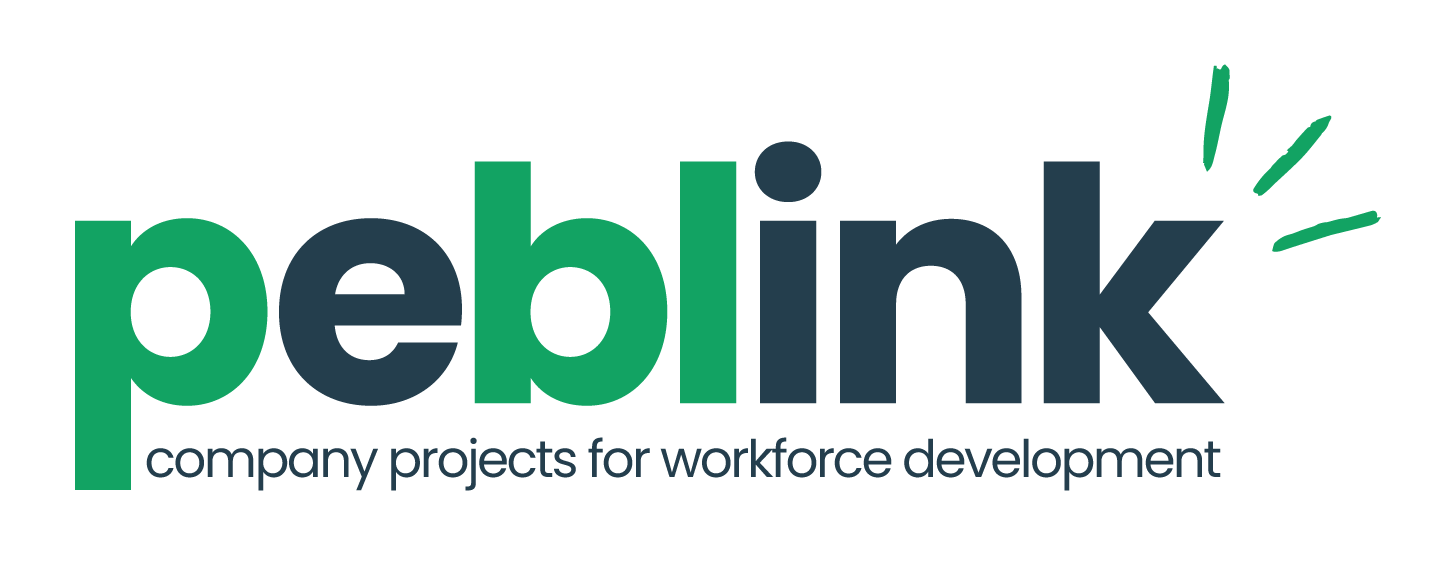Enhancing Employee Engagement in Hybrid Work Environments
Background:
The shift to remote and hybrid work models has presented Fortune 500 companies with new challenges in maintaining employee engagement, productivity, and overall satisfaction. Traditional methods of team building, performance management, and communication may not translate effectively to remote settings. Therefore, it is crucial to develop innovative strategies and tools tailored to hybrid work environments to ensure employees remain connected, motivated, and productive.
Objective:
This project aims to develop a comprehensive employee engagement program designed specifically for hybrid work environments. The goal is to identify and implement best practices that will enhance team cohesion, performance tracking, and employee feedback mechanisms, ultimately leading to higher levels of engagement and productivity.
Key Deliverables:
- Current State Analysis:
- Conduct surveys and interviews with employees and managers to understand current engagement levels and challenges in the hybrid work model.
- Analyze existing engagement metrics and performance data to identify trends and areas needing improvement.
- Engagement Strategy Development:
- Develop a set of best practices and strategies for enhancing employee engagement in hybrid work settings, including virtual team-building activities, flexible work arrangements, and wellness programs.
- Create a framework for ongoing employee feedback and performance tracking, utilizing digital tools and platforms.
- Implementation Plan:
- Design a phased implementation plan to roll out the engagement strategies and tools across the organization.
- Provide training and resources for managers and team leaders to effectively implement and sustain the engagement initiatives.
- Pilot Program:
- Launch a pilot program within a specific department or team to test the engagement strategies and tools.
- Collect feedback and data from the pilot program to refine and adjust the strategies before a full-scale rollout.
- Monitoring and Evaluation:
- Develop a set of KPIs and metrics to monitor the effectiveness of the engagement initiatives.
- Conduct regular reviews and make necessary adjustments to ensure continuous improvement and sustained engagement levels.
Student Types:
- Human Resource Management:
- Focus on developing HR policies and practices that support employee engagement and well-being in a hybrid work model.
- Organizational Psychology:
- Apply psychological principles to understand employee behavior, motivation, and satisfaction in remote and hybrid work settings.
- Communication Studies:
- Develop effective communication strategies and tools to enhance virtual collaboration and team cohesion.
- Information Technology:
- Identify and implement digital tools and platforms that facilitate remote work, performance tracking, and employee engagement.
Department:
- Human Resources Department
Expected Outcomes:
- Enhanced employee engagement and satisfaction in hybrid work environments.
- Improved team cohesion and collaboration, even with remote team members.
- Increased productivity and performance levels.
- A scalable and adaptable engagement program that can be customized for different departments and teams within the organization.
By addressing these key areas, this project aims to provide valuable insights and practical solutions that Fortune 500 companies can implement to thrive in the evolving landscape of hybrid work.
Objective: Develop and implement a comprehensive employee engagement program tailored to hybrid work environments, ensuring high levels of engagement, productivity, and satisfaction.
1. Current State Analysis
Activities:
- Surveys and Interviews:
- Design and distribute surveys to employees across different departments to gather quantitative data on engagement levels, challenges, and preferences in the hybrid work model.
- Conduct one-on-one interviews and focus group discussions with employees and managers to gain qualitative insights into their experiences and suggestions.
- Data Analysis:
- Analyze survey responses and interview transcripts to identify common themes and specific areas needing improvement.
- Review existing engagement metrics and performance data to establish a baseline and identify trends.
Deliverables:
- Comprehensive report summarizing key findings from surveys and interviews.
- Identification of major engagement challenges and opportunities for improvement.
2. Engagement Strategy Development
Activities:
- Best Practices Research:
- Conduct literature reviews and case studies on successful engagement strategies in remote and hybrid work environments.
- Benchmark against industry standards and practices used by leading companies.
- Strategy Formulation:
- Develop a set of best practices and engagement strategies, including virtual team-building activities, flexible work policies, wellness programs, and recognition systems.
- Create a framework for continuous feedback and performance tracking, leveraging digital tools and platforms.
Deliverables:
- A detailed strategy document outlining best practices and engagement initiatives.
- Framework for employee feedback and performance tracking.
3. Implementation Plan
Activities:
- Phased Rollout Design:
- Develop a step-by-step implementation plan to gradually introduce the engagement strategies across the organization.
- Define key milestones, timelines, and responsibilities for each phase of the rollout.
- Training and Resources:
- Create training materials and resources for managers and team leaders to effectively implement and sustain the engagement initiatives.
- Organize workshops and training sessions to educate stakeholders on the new strategies and tools.
Deliverables:
- Comprehensive implementation plan with detailed timelines and milestones.
- Training materials and resources for managers and team leaders.
4. Pilot Program
Activities:
- Pilot Selection:
- Select a specific department or team to serve as the pilot group for testing the engagement strategies and tools.
- Establish clear objectives and success criteria for the pilot program.
- Pilot Execution:
- Implement the engagement strategies within the pilot group, ensuring proper support and resources are available.
- Monitor the progress and collect feedback from participants throughout the pilot phase.
- Evaluation and Refinement:
- Analyze feedback and data collected during the pilot to assess the effectiveness of the engagement strategies.
- Refine and adjust the strategies based on the insights gained before a full-scale rollout.
Deliverables:
- Pilot program execution report detailing the implementation process and initial results.
- Refined engagement strategies and tools based on pilot feedback.
5. Monitoring and Evaluation
Activities:
- KPI Development:
- Develop a set of Key Performance Indicators (KPIs) to monitor the effectiveness of the engagement initiatives.
- Define metrics for tracking employee satisfaction, productivity, team cohesion, and overall engagement.
- Regular Reviews:
- Conduct regular reviews and assessments to evaluate the ongoing impact of the engagement strategies.
- Gather continuous feedback from employees and managers to identify areas for improvement.
- Adjustments and Improvements:
- Make necessary adjustments to the engagement program based on review findings and feedback.
- Ensure the engagement initiatives remain relevant and effective in the evolving hybrid work environment.
Deliverables:
- KPI dashboard for tracking engagement metrics.
- Regular review reports with recommendations for adjustments and improvements.
Collaboration and Cross-Disciplinary Approach
To ensure a comprehensive and effective engagement program, the following student types will form cross-disciplinary teams:
- Human Resource Management:
- Focus on developing HR policies and practices that support employee engagement and well-being in a hybrid work model.
- Organizational Psychology:
- Apply psychological principles to understand employee behavior, motivation, and satisfaction in remote and hybrid work settings.
- Communication Studies:
- Develop effective communication strategies and tools to enhance virtual collaboration and team cohesion.
- Information Technology:
- Identify and implement digital tools and platforms that facilitate remote work, performance tracking, and employee engagement.
By working together, these diverse teams will leverage their unique expertise to create a robust and adaptable employee engagement program that addresses the challenges of hybrid work environments.
Your Content Goes Here

